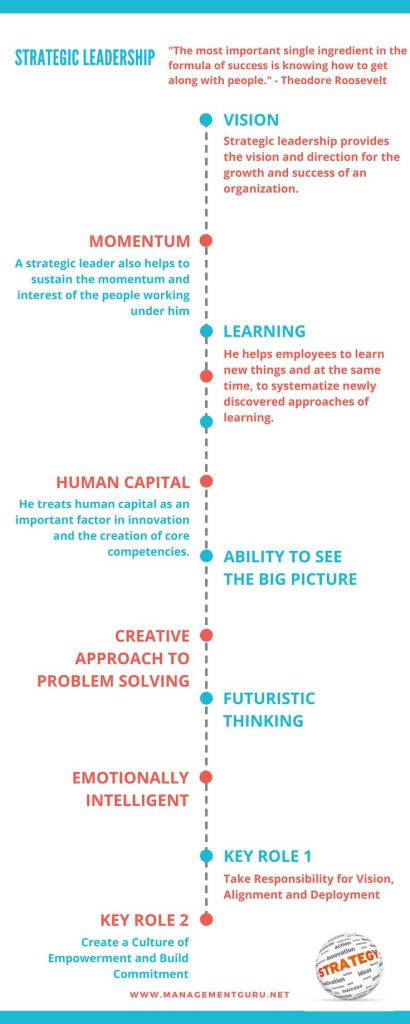
In the complex and ever-evolving landscape of modern business, a leader’s approach can make the difference between fostering a dynamic, collaborative atmosphere and perpetuating a stagnant, disengaged environment. At the heart of this distinction is the concept of empathetic leadership—the ability to understand and share the feelings of another—as an essential component for effective management and guiding teams to success.
The imperative for leaders to embrace empathy stems from its profound impact on organizational culture. Empathetic leadership can transform workplaces into settings where employees feel genuinely heard, valued, and understood. This, in turn, nurtures trust and respect, making individuals more willing to share ideas and take risks without fear of judgment or recrimination.
Beyond building a positive office culture, empathy also enhances leaders’ capacity for emotional intelligence—a critical requirement for managing personnel effectively. Emotional intelligence allows leaders to pick up on emotional cues from their team members, understand their perspectives, and respond with awareness and sensitivity. By anticipating concerns and proactively addressing them, leaders can forestall potential conflicts and mitigate issues before they escalate into significant problems.
Another dimension of leading with empathy involves diversity and inclusion. With workplaces becoming increasingly diverse, understanding the unique backgrounds and experiences of employees becomes paramount. Leaders must hence cultivate an inclusive environment where differences are not merely tolerated but celebrated as drivers of innovation and growth.
Empathetic leadership also goes hand-in-hand with better decision-making. By considering multiple viewpoints, empathetic leaders create more robust strategies that account for a variety of stakeholders’ needs. This inclusive approach often leads to more sustainable solutions that benefit both the organization and its people.
Moreover, in times of crisis or change—situations that are inevitable in today’s fast-paced world—empathetic leaders excel in navigating through uncertainty. They offer reassurance through transparent communication and demonstrate a genuine concern for the well-being of their team members. This can alleviate anxiety within the workforce, helping everyone stay grounded and focused on overcoming challenges collectively.
In conclusion, empathy is not just a soft skill to be deployed as an occasional morale booster; it is an essential facet of leadership that significantly influences the effectiveness with which one steers through the complexities of modern business environments. It fosters trust, encourages open communication, drives inclusive decision-making processes, underpins team resilience during adversity, and ultimately leads to more humane and successful organizations. Leaders aspiring to unlock their full potential would thus do well to recognize that at the core of great leadership lies a simple but powerful truth: empathy matters.
